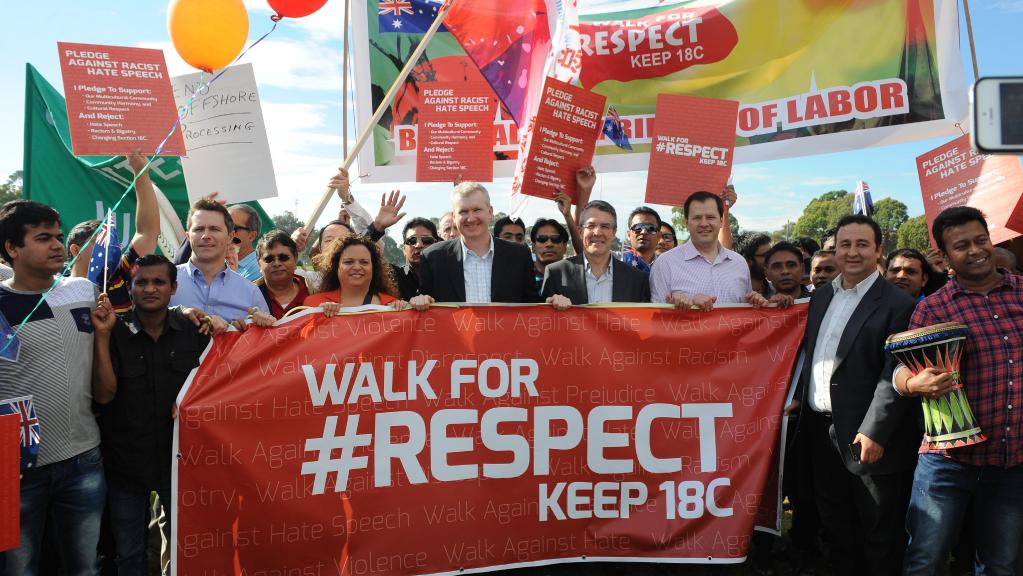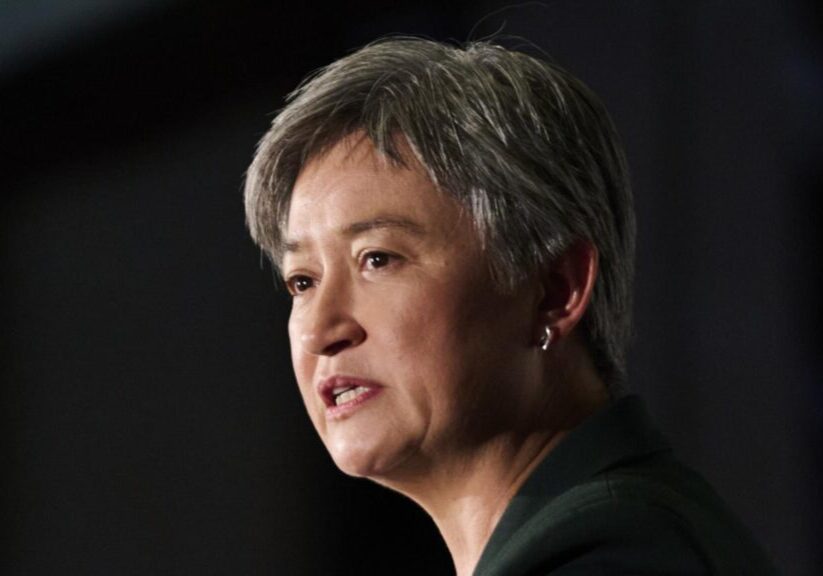IN THE MEDIA
Free to speak and debate, not to hate with Racial Discrimination Act
Dec 12, 2016 | Colin Rubenstein

Colin Rubenstein
An edited version of this article appeared in the Herald Sun on 12 December 2016
Freedom of speech is essential to democracy; so is the freedom to debate.
No significant voice in Australia argues otherwise.
It is also the case that Freedom of Speech is not an absolute right in Australia nor in other similar liberal democracies – even if some voices in Australia pretend otherwise. The Australian Law Reform Commission has identified at least 9 categories of Federal and State laws which limit or outlaw expression in different contexts – including not only sedition, treason and counter-terrorism laws, but government secrecy laws, contempt laws, defamation laws, media and communications laws, intellectual property laws, advertising laws, and laws against perjury and lying to authorities.
Not even the most vehement and flamboyant partisans of “free speech” argue that all the above categories of laws should be abolished – because, in truth, even they do not believe free speech is an absolute right which no other right or public interest should ever override.
However, self-proclaimed free speech advocates have chosen to target Section 18C of the Racial Discrimination Act, arguing that it is the key threat to the right to free speech in Australia while ignoring all the other categories of limitation that exist.
Their case is not only highly selective, but demonstrably weak.
Section 18C was introduced over 20 years ago to improve the Racial Discrimination Act, and fulfil Australia’s obligations under international law to protect our citizens against the harm caused by the most egregious forms of racial vilification. Through Section 18D, which provides wide-ranging qualifications and exemptions, covering any statement made for any genuine academic, artistic or scientific purpose, the Act continues to protect freedom of speech.
Various judgements have found that the provision only applies to “profound and serious” effects, not simply “mere slights”. Moreover, the test for whether the law has been broken is always “objective”, the courts say, and has nothing to do with the actual feelings of the alleged victim. This shows that the widespread claim by ideological opponents that the section outlaws causing “hurt feelings” is just plain wrong.
Australia’s Jewish community – along with most other groups in multicultural Australia – has consistently advocated for the retention of Section 18. Jewish community leaders point to prominent cases where the provision was utilized against abject antisemitism and hatred – thus protecting an environment where Jews, and others, can engage in public life and debate without fear of harassment or intimidation on racial grounds.
This consensus view was reaffirmed during extensive discussion at the Executive Council of Australian Jewry’s Annual General meeting just last month.
While Jewish Australians are as varied as any other Australian community in their political views, Gideon Rosner (“It’s Offensive when Labor plays Politics with Racism,” Dec. 2) was wrong to suggest in these pages that the virtually unanimous position of the Jewish communal leadership in support of retaining 18C is not representative or faces significant opposition within the community. This is just not true.
Mr. Rosner also made an intellectually dishonest and fatuous attempt to compare our Racial Discrimination Act to the laws that existed in Weimar Germany. Perhaps he should instead compare 18C to the similar anti-racial vilification laws that exist in almost every liberal democracy around the world – New Zealand, the UK, Canada, Germany, France, Holland, and, not least, Israel. If he did so, he would see that our law is not only less severe than in most other democracies but also has unusually expansive provisions protecting free speech and democratic debate.
In fact, what the debate over 18C has shown is that, under it, people are free to say what they want in Australia and put forward even the most controversial of positions on issues, provided they do not act in bad faith or vilify other Australians.
The core of the argument being mounted that 18C stifles public debate involves exactly three cases – out of nearly 2000 complaints made under 18C since 1995. Moreover, in two of those three cases, while there are legitimate questions about the handling of the administrative process run by the Australian Human Rights Commission, no finding that anyone had breached 18C was made.
AIJAC is participating in the Government’s Inquiry into Section 18C.
Like most Jewish community organisations we contend that the operation of a provision that has been shown to work – and also provides a symbolic framework for communal harmony and tolerance at a time of widespread concern regarding mounting racism – should not be undermined.
Rather, this Inquiry should be a catalyst for bolstering our already reasonable legislative protections against the most serious forms of racial hatred while also investigating if there are improvements that can be made to the way the Act is administered.
Tags: Antisemitism











